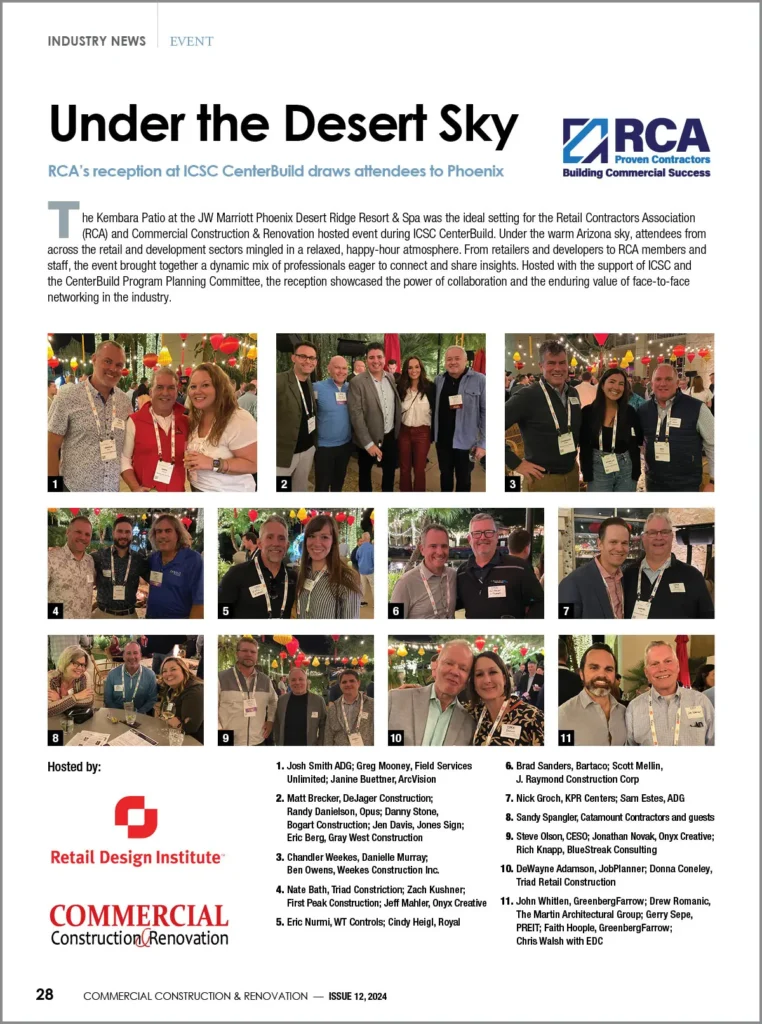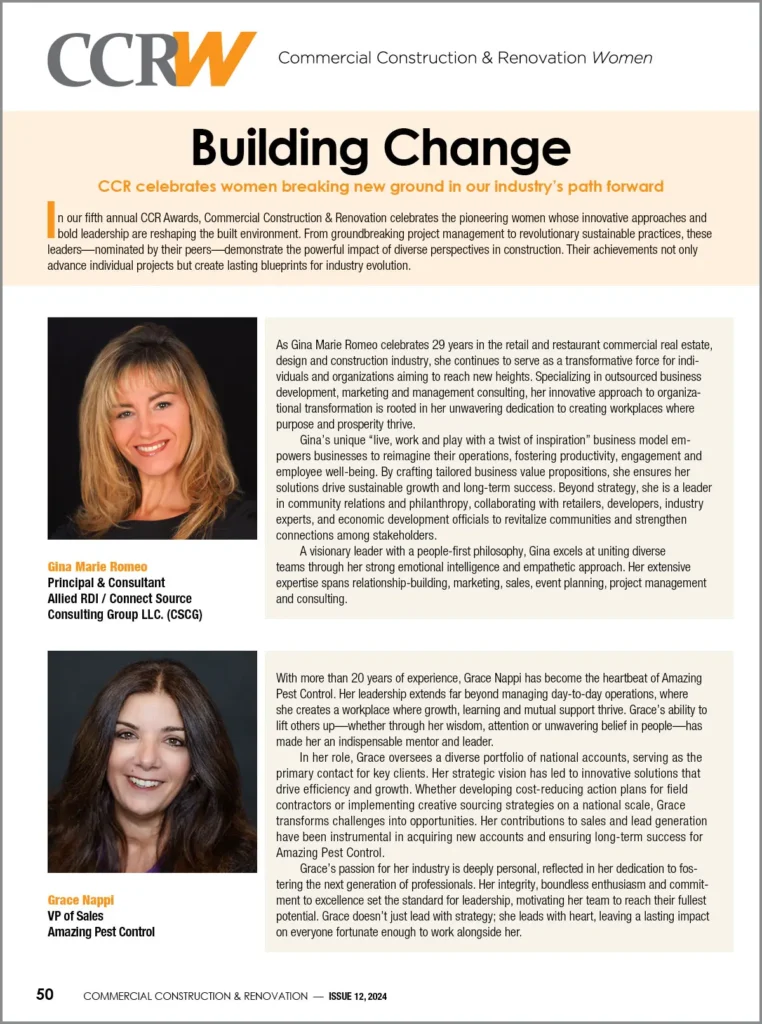Builder’s insurance covers contractors, subcontractors, and construction companies against losses due to damage to buildings in process. This short-term policy provides protection against the risks associated with a construction project.
What is builder’s insurance?
Sometimes called course of construction insurance, builder’s risk insurance provides temporary financial protection for those working in the construction industry. It can be purchased for every project and you can get it at APOLLO Insurance.
What is builder’s risk insurance?
A builder’s insurance policy, unlike commercial property coverage, protects structures and buildings while they are under construction.
A temporary policy that covers construction costs, called Builder’s Risk Insurance, is issued to cover a specific project. Many insurance companies recommend that you start a policy before materials arrive on the construction site and end it when the property is sold or ready to be occupied.
Refurbs and new construction are risky jobs that could require you to have builder’s insurance. Your business might be covered by the developer or property owner.
Your building risk insurance coverage amount should be equal to the estimated total value of the structure. Add all construction materials, labor, and land values together to get an estimate of your coverage requirements.
What are the coverage and exclusions of builder’s insurance?
The insurance company and the construction project can affect the coverage of builders. While most policies do not cover events outside your control, some policies cover damages or construction defects, except where otherwise stated.
Builder’s Risk insurance coverage
Builder’s insurance protects against damage or loss caused by:
- Fire
- Vandalism
- Weather events
- Explosions
- Theft
Some builders’ risk policies might cover:
- Loss of sales, rental income, interest rates on loans, and taxes related to real estate construction delays can result in significant costs.
- Temporary structures like scaffolding can be damaged
- Clean up, debris removal and disposal
- Changes to construction sites are required in order to comply with environmental standards
Builders’ risk policies usually exclude:
- Beach zone damage from earthquakes, floods and hurricane winds (though this coverage may not be included in all areas and riders may be purchased elsewhere)
- Normal wear and tear, corrosion, and rust are all possible
- Terrorist acts
- Employee theft
- Incidents involving defective work and materials
Also, coverage varies depending on whether buildings or structures are covered
Consider the following: When structures or buildings are mentioned, and when one structure is covered.
A building, in insurance terminology, is any structure that can be occupied. Some structures may not be considered buildings. Temporary structures, such as scaffolding, are not allowed to be occupied, and therefore, they cannot be considered buildings.
You may not be covered for claims if your contract does not cover structures other than the building. Talk to your agent about the details of your builder’s insurance policy, and when it ends.
Builder’s risk vs. contractor general liability insurance coverage
A temporary policy called Builder’s Risk Insurance covers you and your materials as they are being built during construction projects. It is specifically designed for people in the construction and building trades.
The general insurance policy provides long-term protection against common risks to your business, such as customer injury, property damage, and advertising injury. This policy is required for many contracts and leases. It can help you pay your legal defense costs and settlement costs if you are a general contractor.
A builder’s insurance policy would cover the costs if a job site is destroyed by weather, fire, vandalism, or theft. A general liability policy would cover you if someone is injured while visiting your company, if you cause damage to another person’s property, or inflict an injury on that property.
Do I need to file a claim under my builder’s general liability and risk coverage?
It depends.
General liability and builder’s risk insurance both can cover property damage due to subcontractors. Although you might consider filing a claim for general liability in the event of a construction accident, it may not be the best option.
If coverage overlaps, you can file a claim on a builder’s risk policy to cover property damages. This will help keep your general liability history clean with your insurance company. A policyholder with a clean claim history can help keep their insurance premiums down.
It is an ongoing cost to have general liability coverage. To cover damages to third parties property or to insure clients against injury on job sites, you will need general liability coverage. A construction site can be dangerous.
Your general liability policy will cover any attorney fees, court costs, settlements, and damages to property if you are sued for damage caused at a covered place (usually the job site).
What other insurance policies should general contractors and construction companies consider?
Contractors also need general liability and builder’s risk insurance. Contractors and construction companies typically have a combination of
- Contractors equipment insurance: This policy is a form of in-water marine insurance. It covers large equipment like bulldozers and diggers as well as tools and building materials. Equipment insurance for contractors will cover you for any equipment stolen or damaged that is less than 5 years old. This includes items in transit.
- Workers’ Compensation Insurance: Accidents can occur on even the safest construction sites. This makes workers’ compensation coverage especially important. Employers are required by most states to have workers’ compensation. This pays for medical bills for employees who have been injured and also reimburses them for lost wages.
- Professional Liability Insurance: Also called errors and omissions, a professional insurance policy protects you from being sued by a client for a construction error or oversight.
- Commercial auto coverage: Auto insurance is required to protect against injuries from accidents if your business has vehicles. Hired and non-owned auto coverage will cover employees who use their cars for other purposes than commuting.
Builders’ risk insurance is a complex product, but it is essential for general contractors and owners of construction companies. Talk to an agent before you purchase coverage.





























